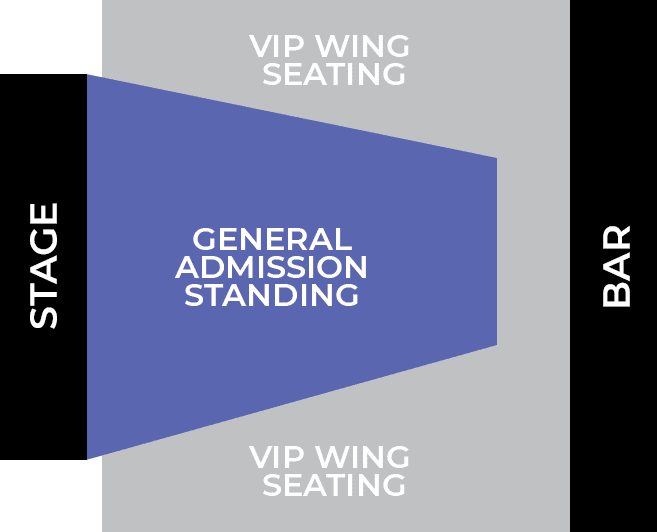The rise of roots reggae in the 1970s has been described in many ways, but most agree it emerged from the struggles of the oppressed. As a voice of resistance, it resonated far beyond the Caribbean. For some, reggae is an anthem; for others, a battle cry—or a path to spiritual awakening.
“My reggae is 2025,” proclaims the Sicilian Rastafarian. “We need to adapt spiritualism.”
Born in 1977 on Sicily’s western coast, Alberto D’Ascola came of age during turbulent political and cultural times. His hometown of Marsala is best known for its wine, Carthaginian ruins, and the natural beauty of the nearby Stagnone Lagoon. But even at a distance of over five thousand miles from the heartland of reggae, music found its way to him. D’Ascola recalls a time when Western Europe was facing major socio-economic shifts, and young people were searching for identity in a rapidly changing world. It was around the age of fifteen, he says, when he felt a magnetic pull toward the sounds of reggae. “To fall in love with a genre,” he explains, “It’s like to fall in love with a woman… reggae was mine.” That spark was first lit, he recalls, by a TV commercial playing “Jamming” and a Bob Marley cassette tape. Soon after, he began teaching himself multiple instruments and formed the band Reggae National Tickets.
The group was based in Bergamo, northeast of Milan, during a time when ska and reggae had become a voice for disillusioned European youth. “Reggae became revolutionary music adopted by Europeans who were fed up,” he says. “By people who had no ‘spaces’ to call their own.” Though he’d found a niche, he felt there was more to discover. “I was 17 going on 18 and had grown a lot, but I knew I had to go to Jamaica.” He made his first trip just after turning eighteen, as part of a group of fifteen reggae fans. Each return visit deepened his appreciation for the music’s cultural roots and spiritual dimension. Over time, he realized that much of the reggae popularized in Europe “wasn’t relevant in Jamaica,” adding, “After the 1970s, roots wasn’t relevant. It took a turn… spiritual reggae.”
That understanding prompted his next move. In 2003, he left the band and relocated to Kingston, Jamaica, to fully immerse himself in the culture and pursue a solo career. “It was not easy,” he admits. Respect, especially in reggae, is not handed over lightly. While embracing the culture is one thing, earning its embrace in return is another. Early on, locals nicknamed him “borosie”—a patois term used dismissively. But just as roots reggae turns adversity into strength, D’Ascola reclaimed the insult and turned it into his stage name: Alborosie.
That was then. Alborosie is not one to live in the past. He draws from the lessons of yesterday to speak to the realities of today. His music is a bridge between the roots of reggae and the present moment, always evolving, always intentional. “You look back for the lessons, inspiration,” he says. But the goal is forward motion. “I see things happening now—the present and the future.”
That perspective also informs how he views his own music. “I don’t go back and listen to my music,” he explains. “A song should go fly.” Music, he says, is born to be released into the world, like a child let go with love: “It must go—fly on its own. That’s the mission of a song.”
In May 2023, Alborosie released his ninth studio album, Destiny, a 14-track project featuring guest appearances by Buju Banton, Kabaka Pyramid, and others. The album speaks directly to contemporary life, with tracks like “Viral,” a meditation on fame in the digital age. “Everybody wants to be a superstar,” he says. “Viral is a word we use now.” Another standout, “Rastazeneka,” takes a tongue-in-cheek jab at Big Pharma, which Alborosie calls—with a mischievous grin—“like a vaccine for spiritual people.”
Since the release of Destiny with VP/Greensleeves Records, Alborosie has toured extensively across the Americas, Europe, and, most recently, Africa, with dates in Kenya and Ethiopia.
Now, he returns with “Come My Way,” the first single from his next chapter, out April 25. A soulful reinterpretation of a foundational reggae riddim, the self-produced track draws on the melody of Jacob Miller’s “Baby I Love You So” and its iconic dub counterpart “King Tubby Meets the Rockers Uptown”—a song that introduced countless new listeners to dub when it appeared in Grand Theft Auto: San Andreas. Alborosie honors the original’s spirit while making it unmistakably his own, weaving in lush harmonies, heartfelt vocals, and a nod to Dawn Penn’s “Night and Day” on the hook. With “Come My Way,” he continues to evolve the sound of roots reggae, staying true to its foundation while speaking directly to the now.

